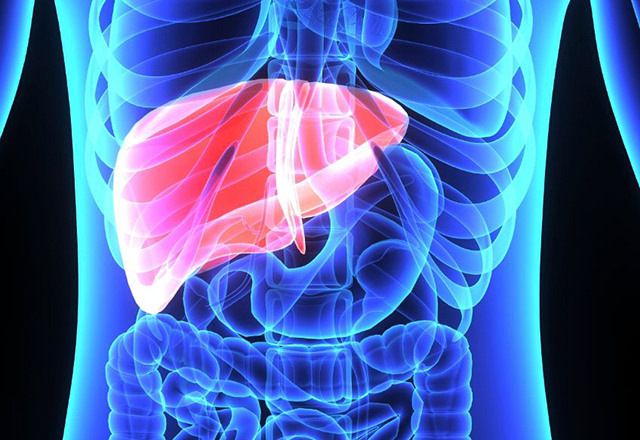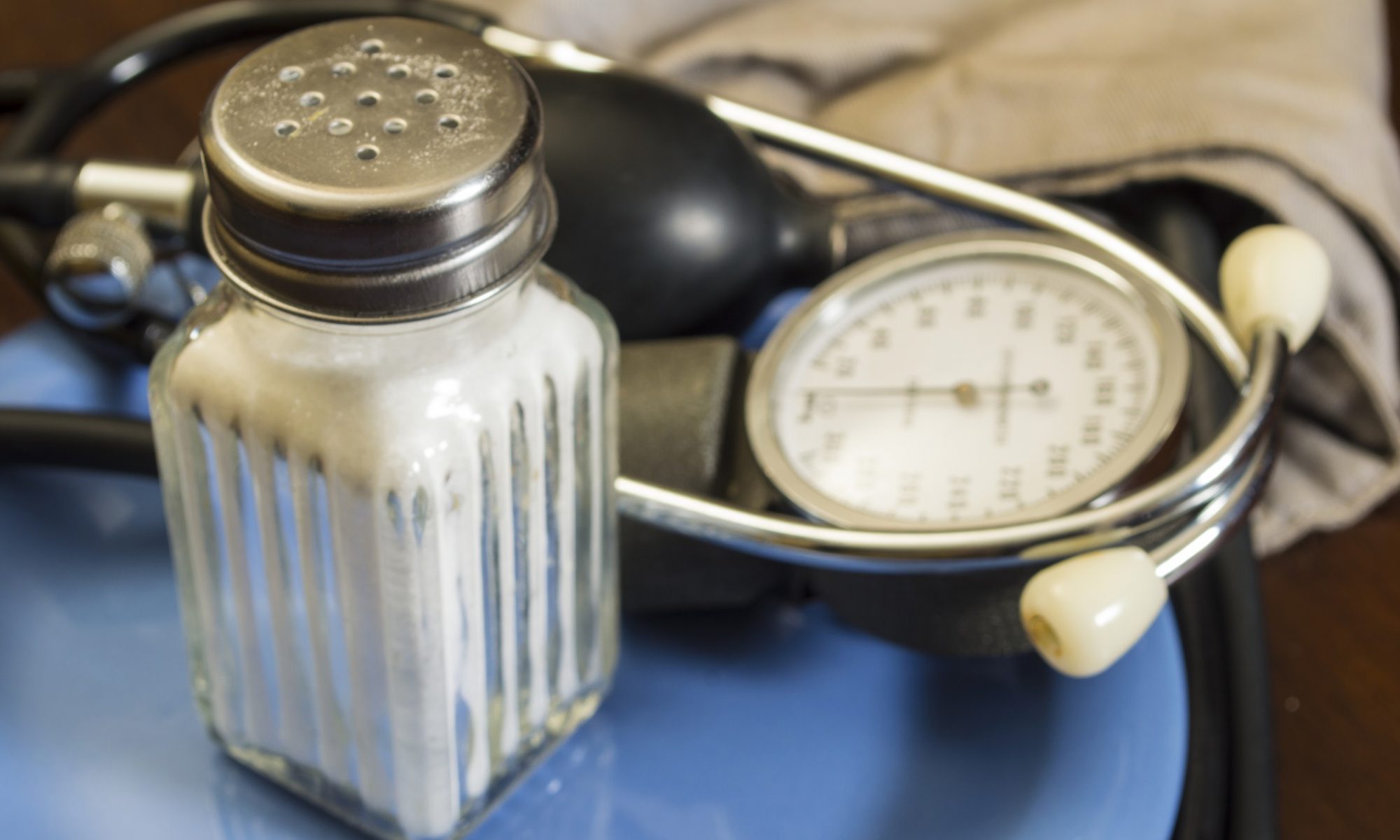Newswise — The Johns Hopkins Health System will no longer use a long-standing clinical standard that factors a patient’s race into kidney function tests. The transition to a new standard of evaluating kidney function will specifically eliminate whether a patient is “African American or non-African American” as a modifier to check how well a patient’s kidneys are working. The change to the new race-neutral assessment means thousands of Black people living with chronic kidney disease (CKD) could gain access to specialty treatment or transplantation for the first time.
Removing race from the calculation for kidney disease follows recent national recommendations from both the National Kidney Foundation and the American Society of Nephrology that say race modifiers should not be included in equations used to estimate kidney function because race is a social, not a biological, construct. Read the full story here.









